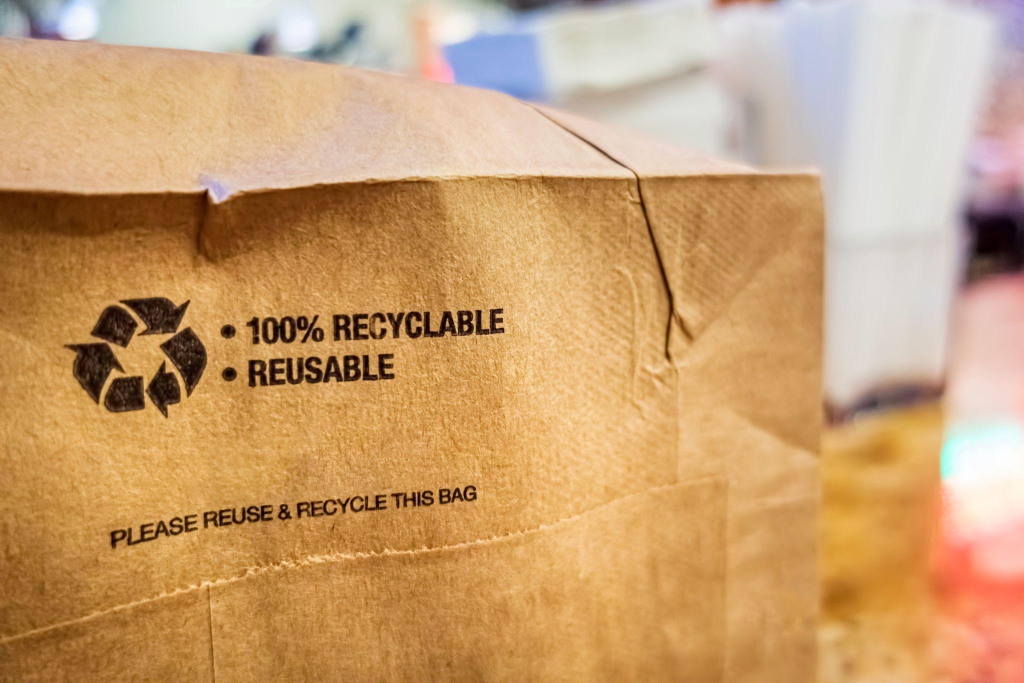The path to becoming a sustainable business looks different for every company. Depending on the scope of your company, your customers, and the expectations around your operations, products, and services, certain eco-friendly steps may be more approachable than others.
Determining which sustainability practices your company can incorporate will take time, as you will need to consider what your budget allows for as well as your timeframe.
Although deciding on the most practical sustainable choices is always a unique process for every company working towards these changes, there are some general sustainability practices that most, if not all, businesses can benefit from implementing right away.
For a business to build its sustainability, it must take practical, daily steps toward larger goals like renewable energy plans. For some suggestions on what these steps might look like, continue reading.
Practical steps toward lasting change are often the simplest; this concept applies to business as well. Businesses can start making practical changes by introducing a series of small, subtle changes, or “baby steps,” aimed at creating sustainability. Small, consistent actions add up to significant results over time.
Adding in a recycling policy
Businesses can start small by drafting a recycling policy that applies to the company and any third-party affiliates that deal directly with materials and supplies. For example, a company can make it a policy that all employees recycle their coffee cups, water, and other recyclable materials used for food and beverages at the office.
Additionally, manufacturers and delivery drivers that represent the company must recycle leftover supplies and materials. Surplus materials must be recycled, taken to sustainable storage spaces, or used for another purpose rather than being taken to a landfill.
Switching to digital advertising

While advertising online is a standard approach, there is still a substantial amount of money and resources used toward tangible advertising through billboards, door-to-door postcards, banners, and other large or mass-produced advertisements.
Specific industries, like law and real estate firms, consistently utilize these traditional approaches because of their effectiveness. By switching to digital advertising approaches instead, resource waste is reduced, and company messages are still promoted online.
If switching entirely to digital advertising is not possible, businesses using them frequently can still lean on other sustainable-focused approaches to reduce how much they rely on traditional advertising methods and still do their part to conserve resources and increase their sustainability.
Adding in email marketing
Email marketing can take the place of door-to-door ads, highway signs, and even mobile advertising that takes place through signs on commercial fleet trucks and vehicles representing the company. Email marketing does better than these alternative approaches because consumers check their emails daily.
Consumers are more likely to retain the information they receive via email than on a moving vehicle or highway sign. Switching to digital advertising also allows businesses to save money that they can put towards other sustainable efforts like email marketing or mass texting services, both of which are more cost-effective than most traditional advertising methods.
Utilizing social media for promotions and sales
Instead of wasting valuable resources on traditional advertisements, companies can shift to social media for promotions and sales. This is also a much more direct way of communicating with consumers, which will help businesses build rapport with their clients and customers in ways that traditional advertisements cannot.
Making sustainable shifts while improving business outcomes
Businesses can start making sustainable shifts toward eco-friendly practices by choosing practical, cost-effective solutions. These changes can positively build reputation, save money, and increase consumer outreach while helping the environment. Consider the practical steps your business can integrate to establish more eco-friendly operations today.













